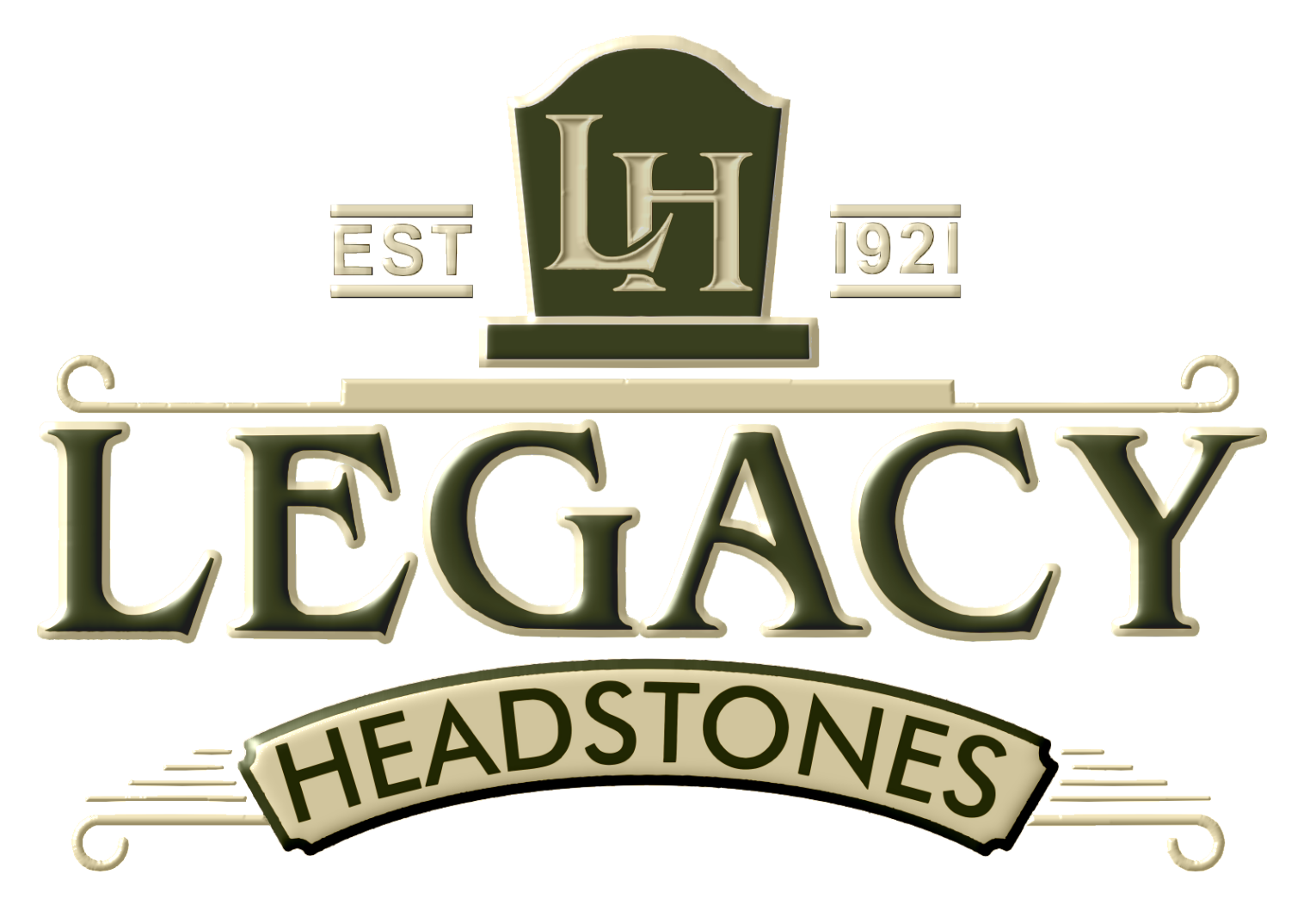Many of us choose to avoid discussing funerals, believing the topic is too sad or perhaps in bad taste. This lack of open communication has caused many burial and funeral service myths to linger. People are often influenced by movies or television shows and develop misconceptions about what end-of-life planning truly is. Families often approach a funeral home with incorrect assumptions, leading to confusion and even hurt feelings. Instead of allowing these myths to continue, let's discuss four common funeral misconceptions and what really happens during this planning process.
Embalming is a Legal Requirement
One of the most prevalent assumptions we hear is that the law requires embalming quickly after death. Embalming is very much a state-specific issue, and many states do not require that a body be embalmed within the first 24 hours. In most instances, embalming is only mandatory if refrigeration for the body is unavailable or if the body is being shipped to another state or country. If you plan to have an open visitation for your loved one, most funeral homes require embalming, but if you choose direct burial or cremation, you may often skip this step.
If I'm Donating my Body to Science, I Don't Need End-of-Life Plans
Whether to save money or in the true pursuit of research, many choose to donate their body to medical colleges after they've passed away. When deciding on this option, they often make the mistake of assuming funeral planning is unnecessary. Unfortunately, this leaves families with the heavy burden of planning and paying for any end-of-life services they may wish to have. Additionally, it's important to consider how and where your body will be donated. Medical colleges usually require an application or formal request for donation, and there may be fees associated with the donation to consider. The college may even require the participation of a funeral home. Depending on the cause of death and available space, they could also choose to reject a donation, so it's important to consider each of these things and create a secondary plan.
Embalmed Remains are Preserved Forever
When a loved one passes away, we often strongly desire to preserve them. We want to imagine that their face and body will remain just as we remember them. The reality of embalming is, unfortunately, not eternal preservation. Embalming is done to hold off the unpleasant reality of decomposition, not stop it entirely. The process keeps a deceased body from decomposing for about a week. However, decomposition can begin even sooner depending on the temperature and environment, increasing in warmer and less controlled environments. If you plan to have a viewing for your loved one, most funeral homes will recommend doing it fairly quickly after death to avoid seeing any decomposition.
Funeral Services are Prohibitively Expensive
The assumption that funeral services are expensive isn't entirely wrong, but there are lower-cost options. Funeral services in the United States cost, on average, nearly $10,000. This is often due to extras like an expensive casket, large flower arrangements, and memorial keepsakes. Many forget that these upgrades are optional; funerals can be as elaborate or as simple as a family chooses. By law, funeral homes must list charges on a general price list. This allows loved ones to see exactly what each service will cost, meaning a budget can be set and followed if the family chooses. Some funeral homes even offer packaged services that could provide significant savings. All that being said, the best way to keep funeral costs for your family low is to set money aside through end-of-life planning. Funeral insurance plans and prepaid funeral plans are available to help ensure your funeral costs don't become a burden for loved ones.
In the United States, it's estimated that 84% of families never discuss a funeral until they have to attend or plan one. While many choose not to think about funeral planning until they need to, it's important to plan ahead and know what misconceptions you might have now. Many of us don't want to talk about death. We often push it away until we absolutely must deal with it, and then experience anxiety surrounding funeral preparation. This is why these misconceptions exist. It's important that we open a dialogue surrounding funeral planning and preparation. Knowing your options for embalming, body donation, funeral cost, and other topics gives you the power to make the best decision for yourself and your family. Start these conversations with friends and family. You might be glad you did.
